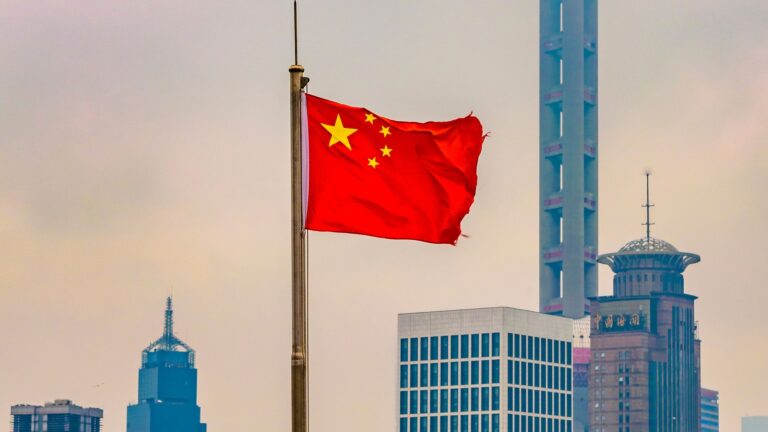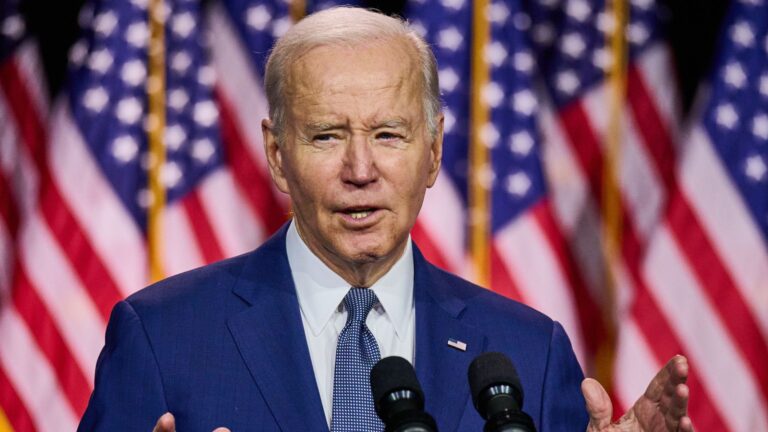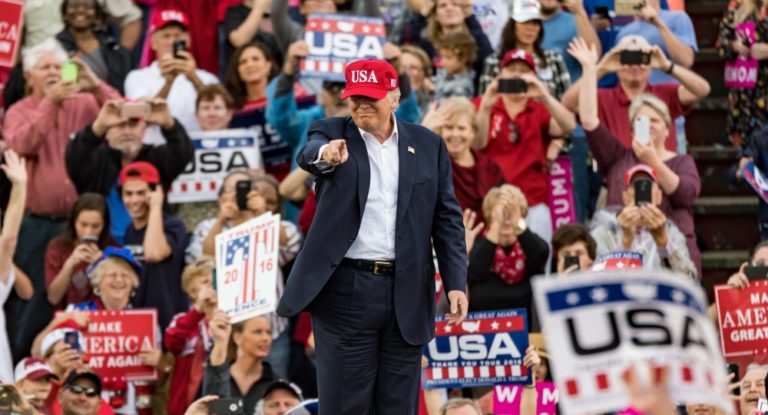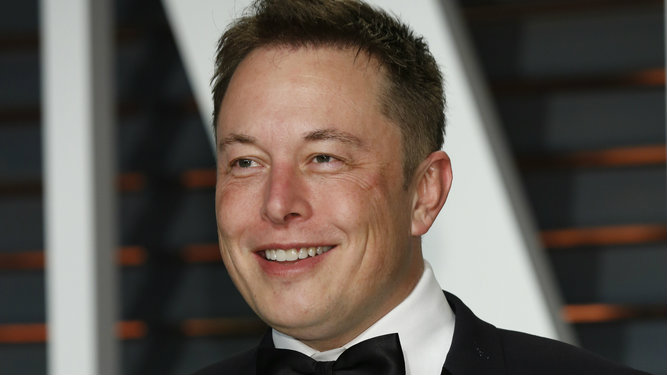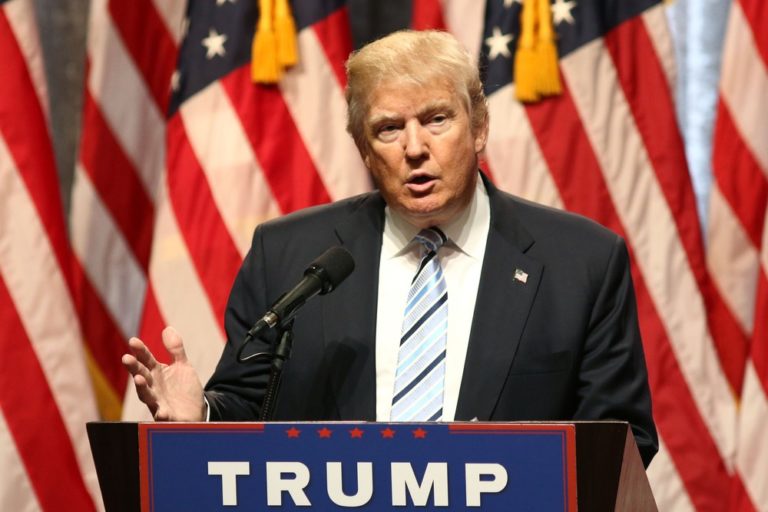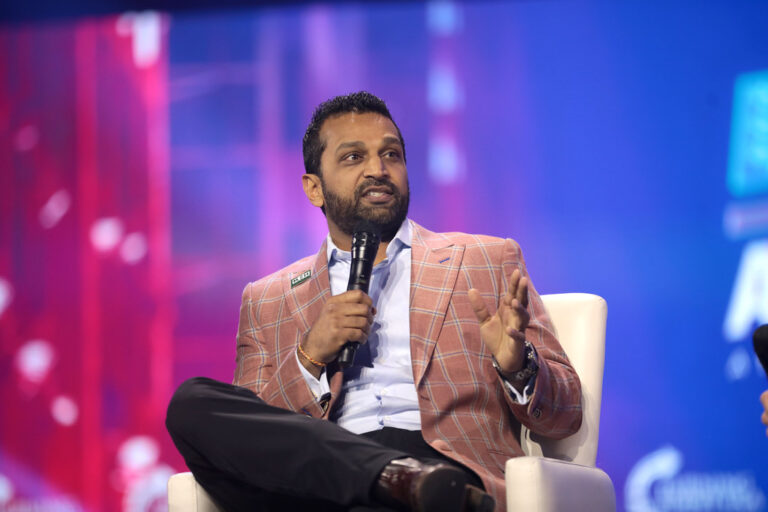Key Takeaways:
- Republicans are skipping town halls due to constituent anger.
- GOP fears backlash from Trump and Musk’s policies.
- Internal advice to avoid public meetings for now.
- Shift to controlled tele-town halls for safer engagement.
- Pressure on the administration for clearer communication.
Republicans Steer Clear of Town Halls Amidst Voter Frustration
In recent weeks, Republican lawmakers have taken a step back from hosting town hall meetings, a move sparked by increasing frustration from their constituents. These gatherings, once a staple for direct communication, have turned into battlegrounds of discontent, prompting many in the GOP to reconsider their approach.
The decision comes after several heated town halls where representatives faced jeers and opposition. Lawmakers from conservative districts across the country, including Georgia, Oregon, and Wisconsin, have encountered vocal resistance, highlighting the growing tension between elected officials and the people they serve.
Why the Sudden Change?
The root of the issue lies in recent policies backed by the Trump administration and figures like Elon Musk. Cuts aimed at trimming federal budgets have hit hard, affecting jobs and services in rural areas. These austerity measures, though billed as targeting inefficiency, are perceived as blunt and disruptive by many voters, including conservatives.
Privately, Republican officials express concerns that these policies are alienating their base. Publicly, however, they rally support, creating a stark contrast that doesn’t go unnoticed by their constituents.
Town Halls: A Stage for Discontent
Recent town halls have become platforms for voters to voice their grievances. Representatives like Rich McCormick in Georgia have faced tough crowds, with constituents expressing anxiety over job losses and service cuts. These interactions are tense, leaving lawmakers on the defensive.
In one instance, a Republican chairman noted that cuts to essential services are affecting real people, such as federal workers in rural areas. This has led to pushback, as voters see these reductions impacting their daily lives directly.
GOP Strategy: Caution and Control
Republican leaders, while not advising complete avoidance of voters, are urging caution. They encourage a careful approach to messaging, advising members to steer clear of controversial topics that might fuel further anger.
In private meetings, the message is clear: avoid situations that could exacerbate tensions. This has led to a decline in traditional town halls, with many opting for controlled environments like tele-town halls instead.
Tele-Town Halls: A Safer Alternative
Tele-town halls offer a more manageable setting, allowing lawmakers to focus on specific issues without the unpredictability of in-person meetings. This approach, while less direct, helps maintain a controlled dialogue, reducing the risk of confrontation.
However, this shift is seen as a necessity rather than a solution. Many acknowledge that avoiding real interactions may only temporarily ease pressures, not resolve the underlying issues.
The Broader Impact on the GOP Image
The avoidance of town halls reflects a deeper struggle within the Republican Party. Balancing the administration’s agenda with constituent needs is proving challenging, especially when policies are seen as out of touch with everyday concerns.
Critics argue that the distance from voters may erode trust and engagement, crucial for maintaining support. The challenge lies in reconciling national goals with local realities, a balance that is becoming increasingly difficult to strike.
Looking Ahead for the GOP
As the political landscape evolves, Republicans face a tough road. The decision to sidestep town halls is a short-term solution to manage backlash, but long-term, the party must address the disconnect between its policies and voter expectations.
The coming months will be crucial. Will the GOP find a way to communicate effectively and rebuild trust, or will the frustration continue to mount? Only time will tell if they can navigate this choppy political waters and regain their footing with the voters who elected them.


